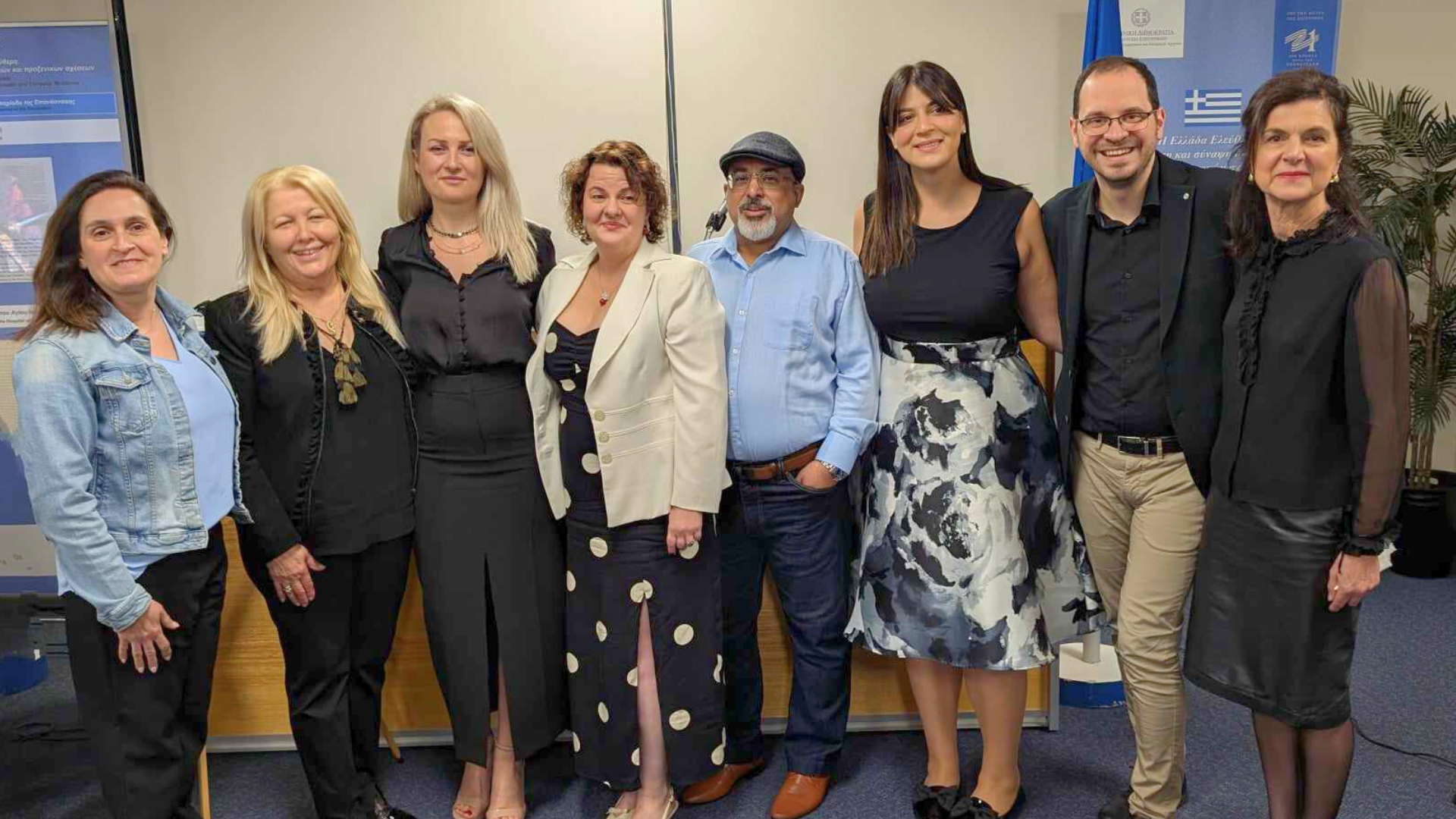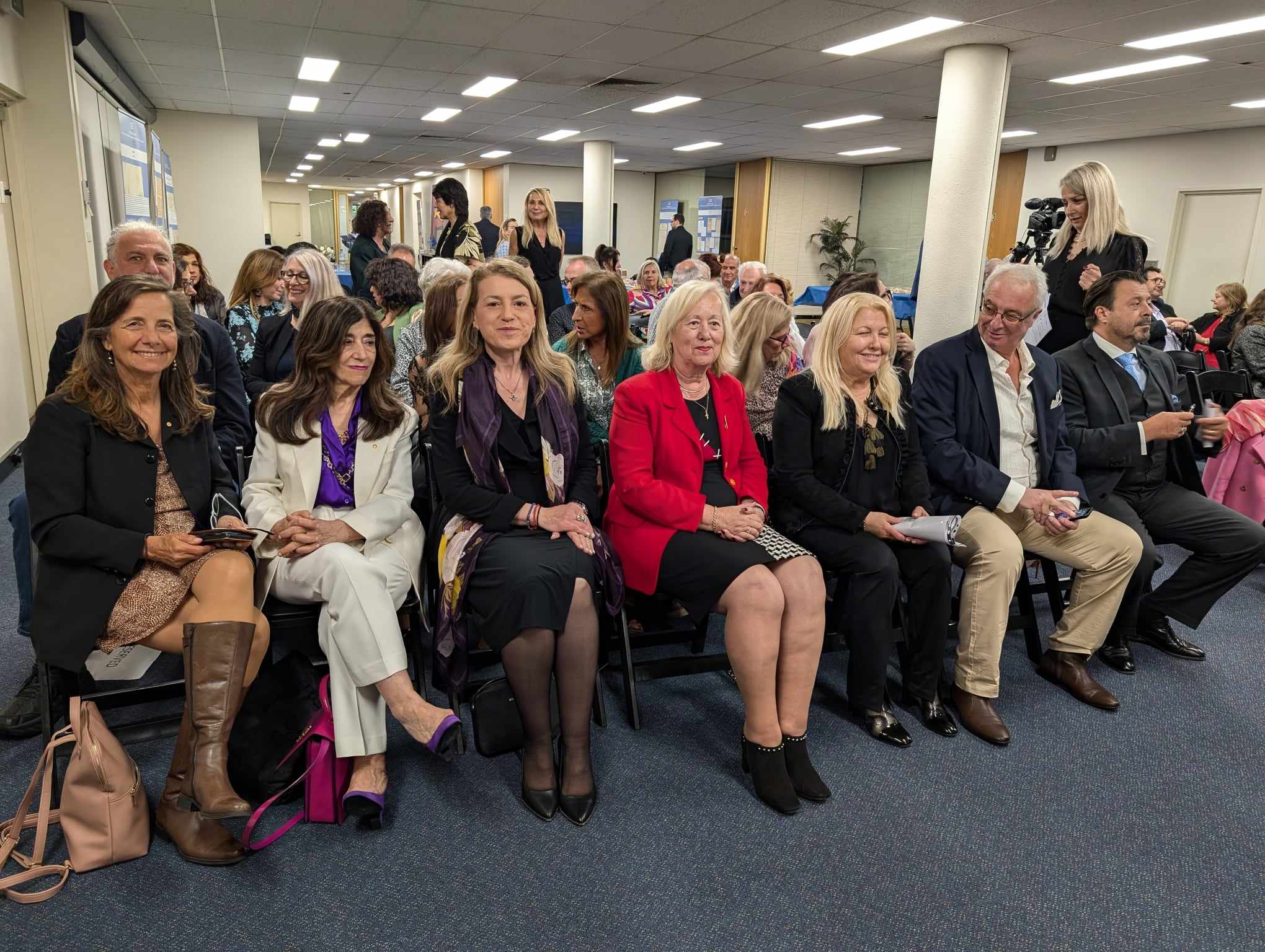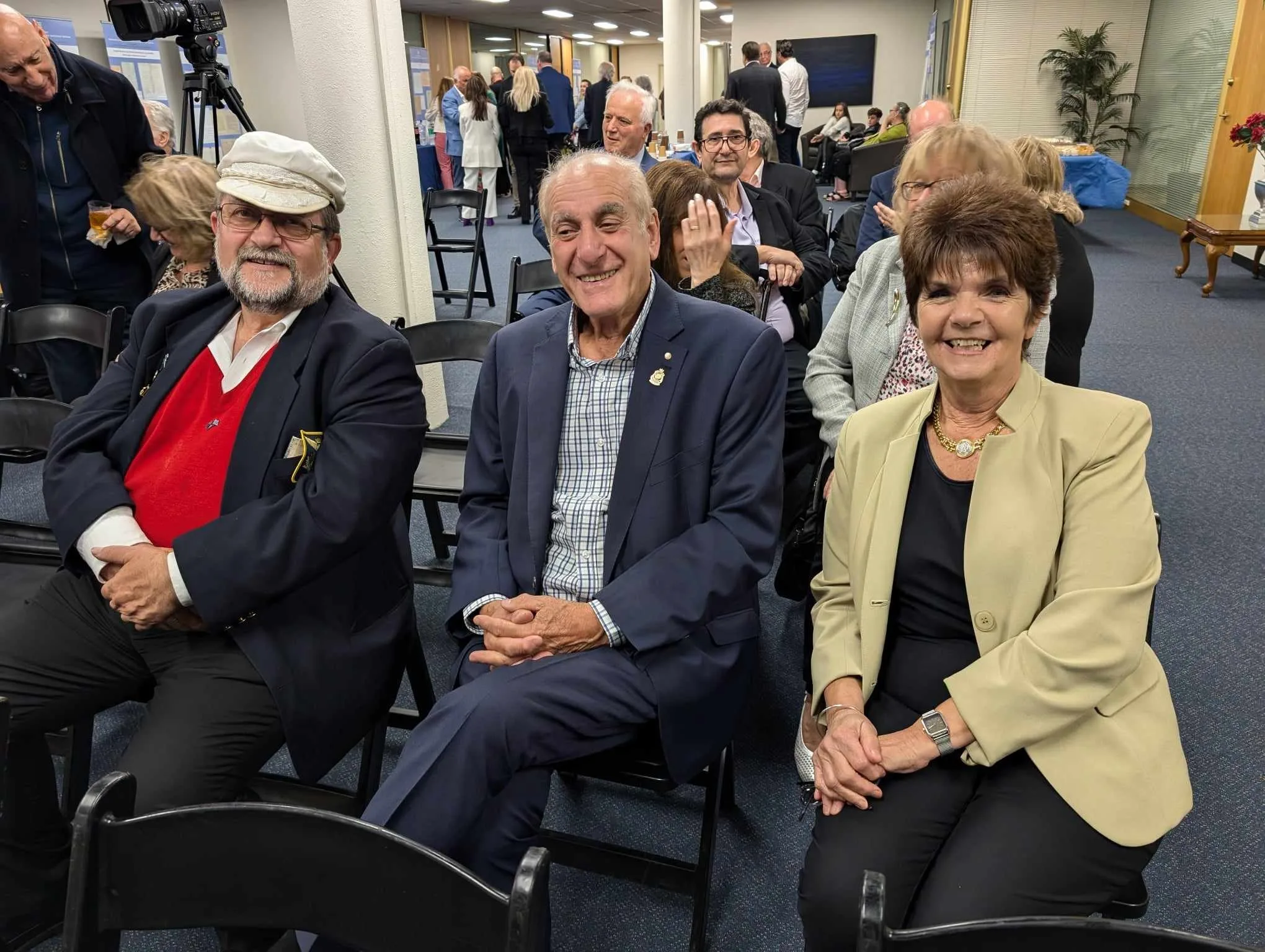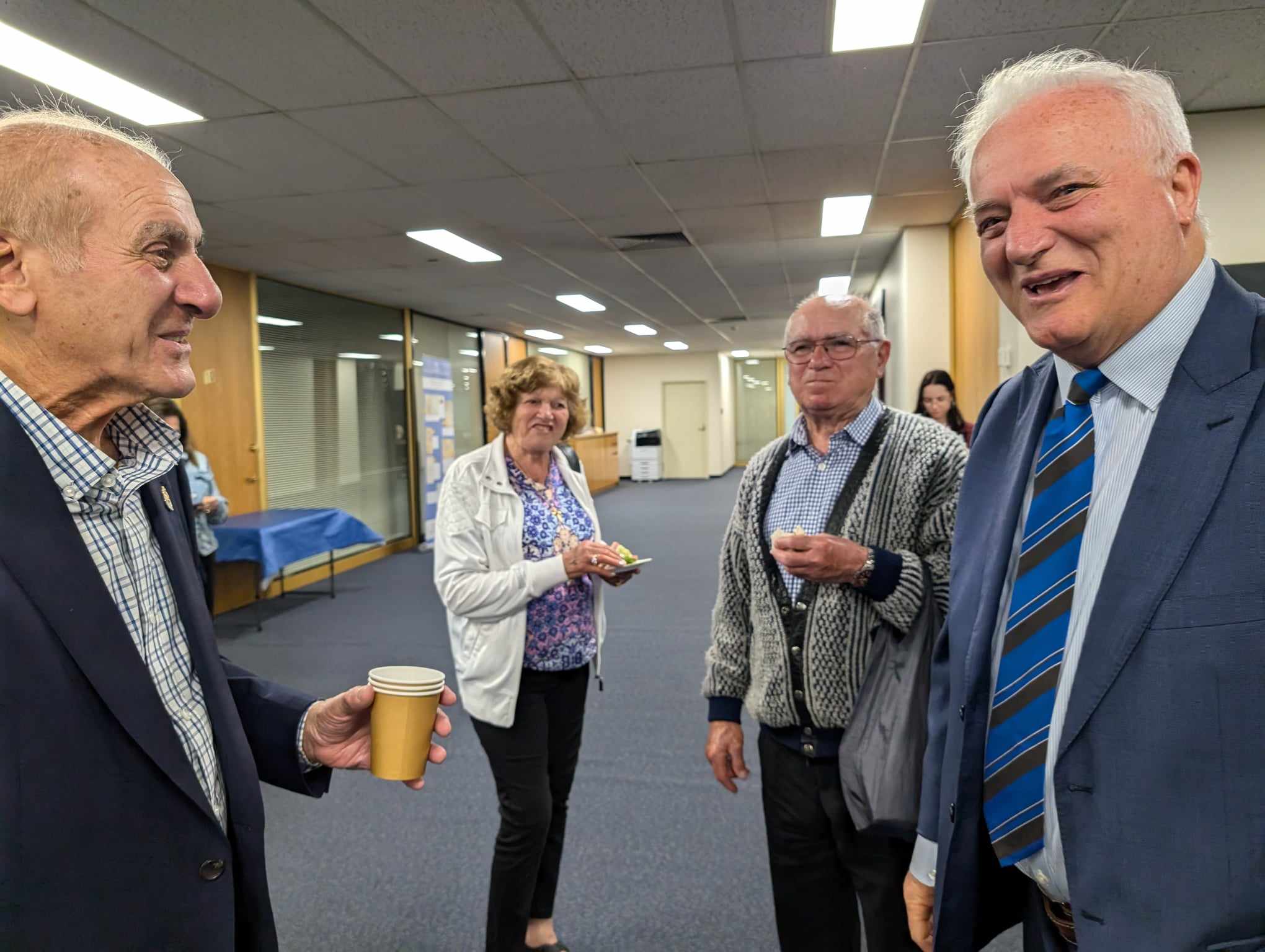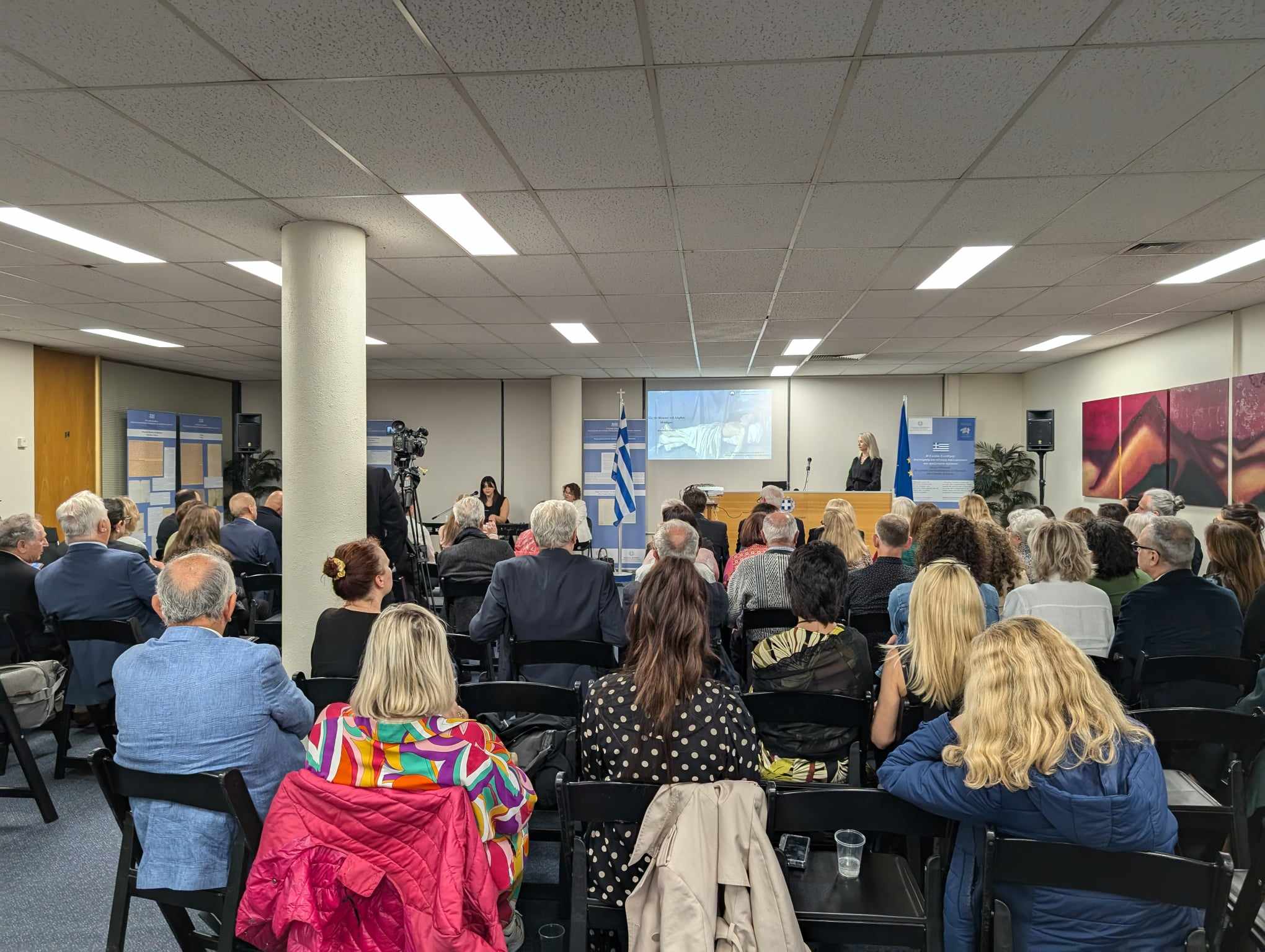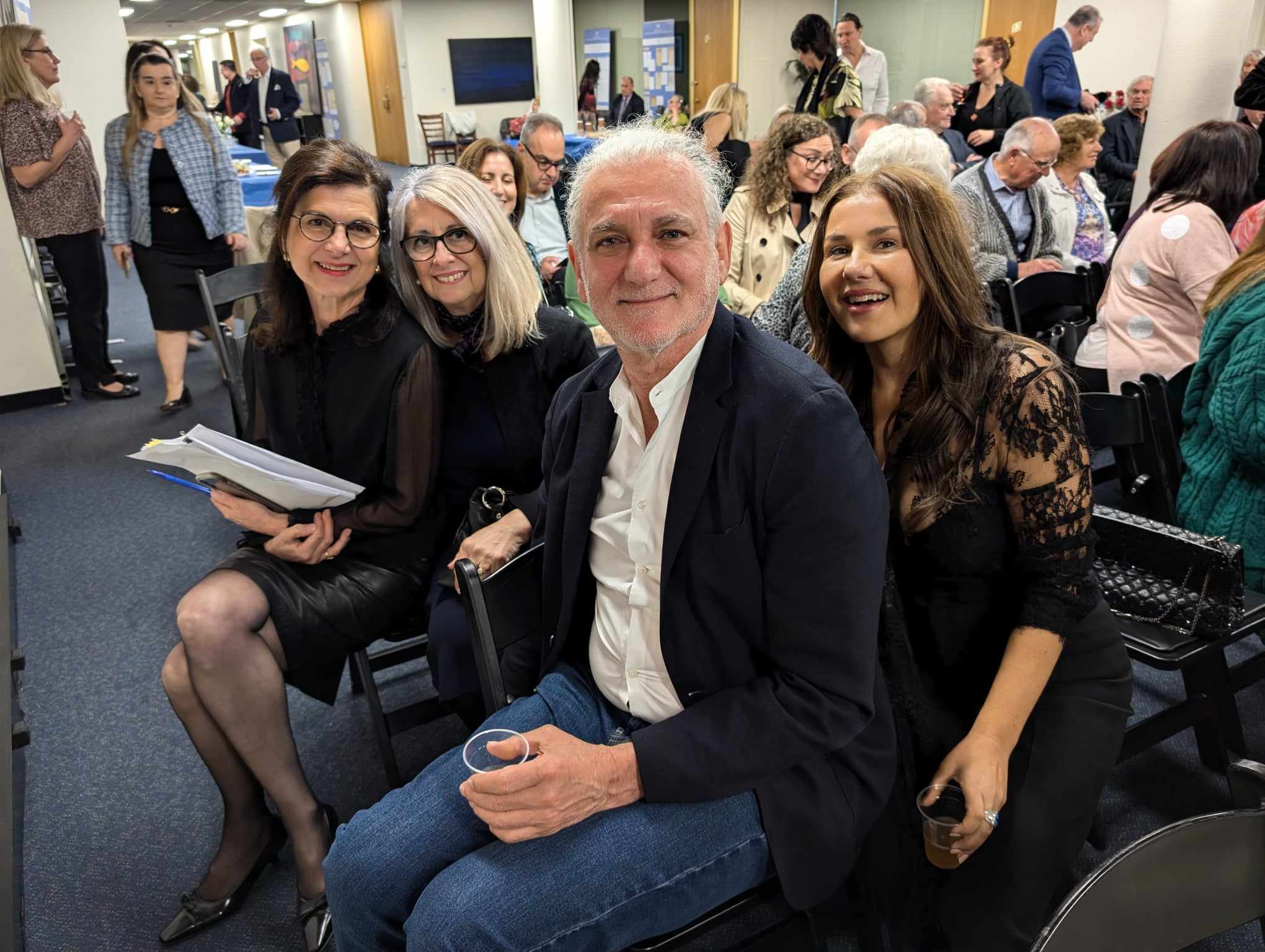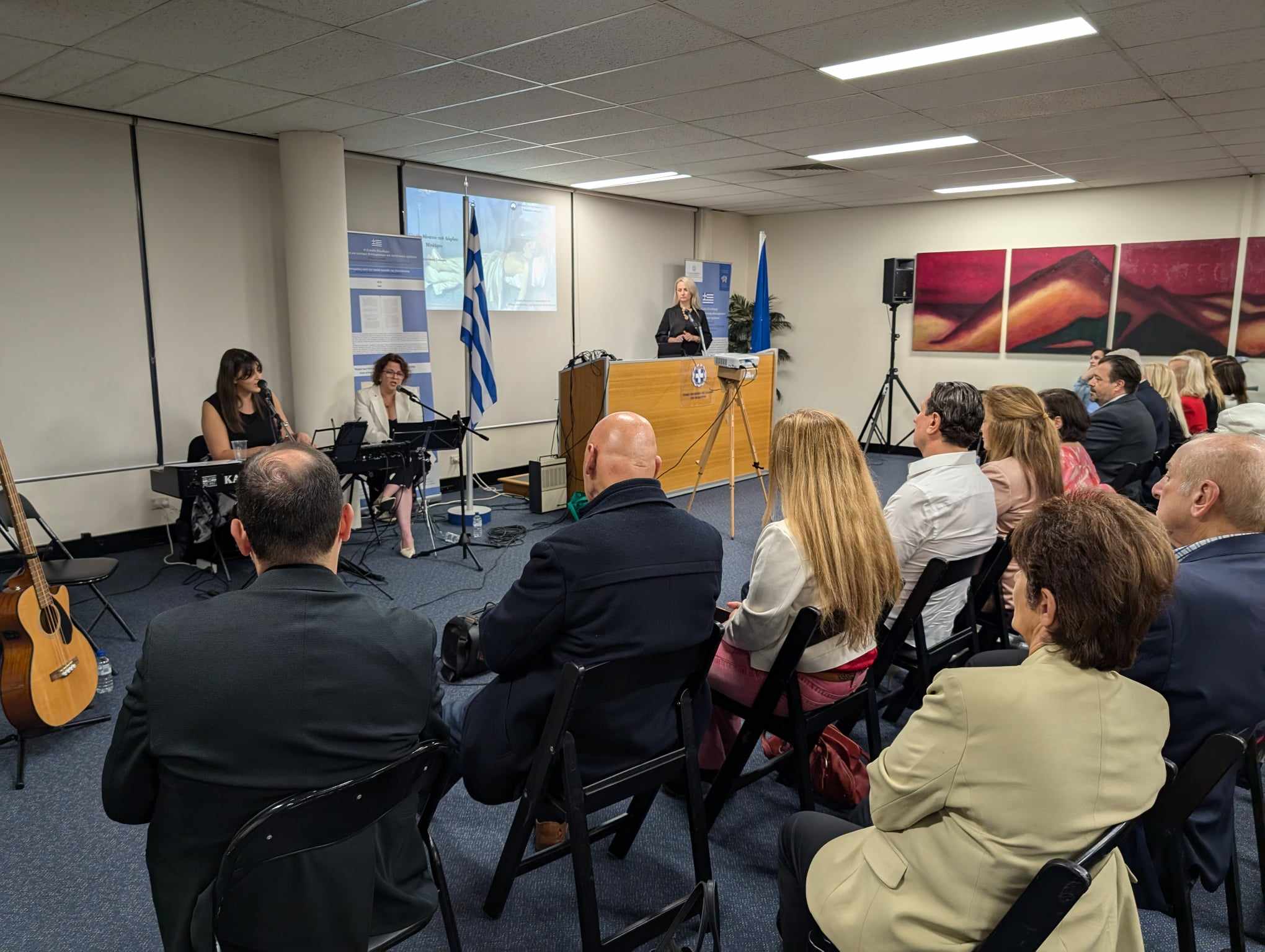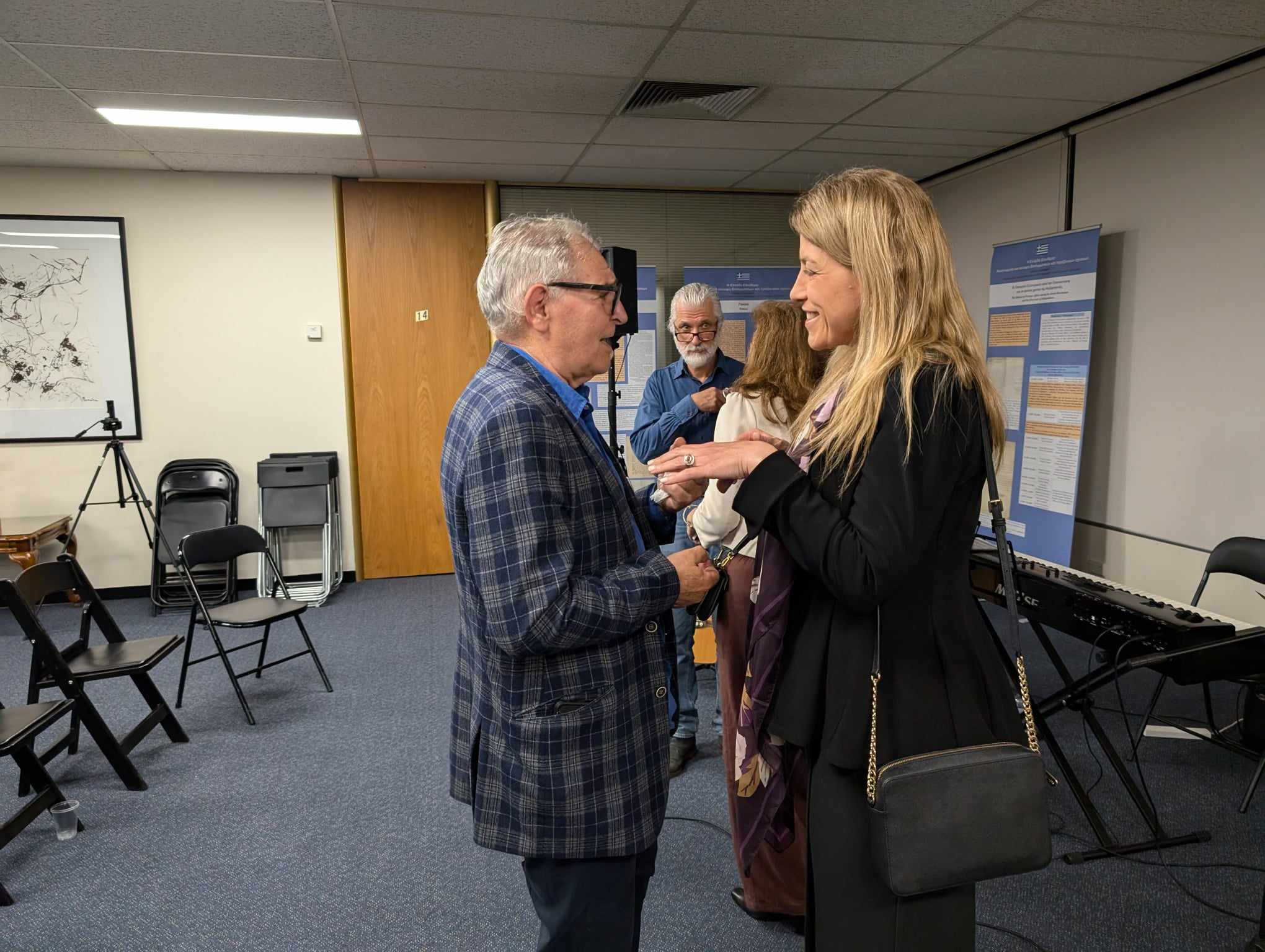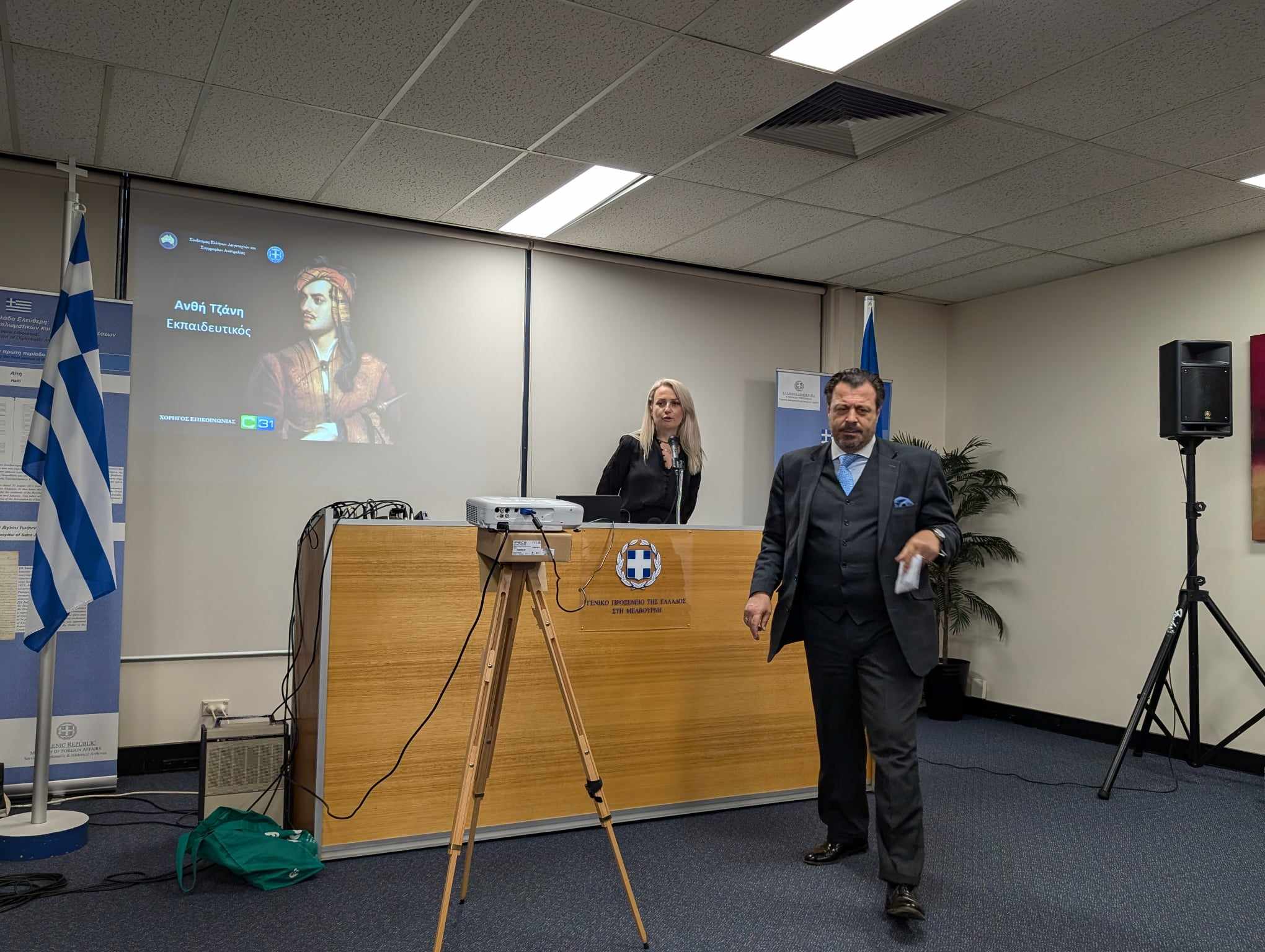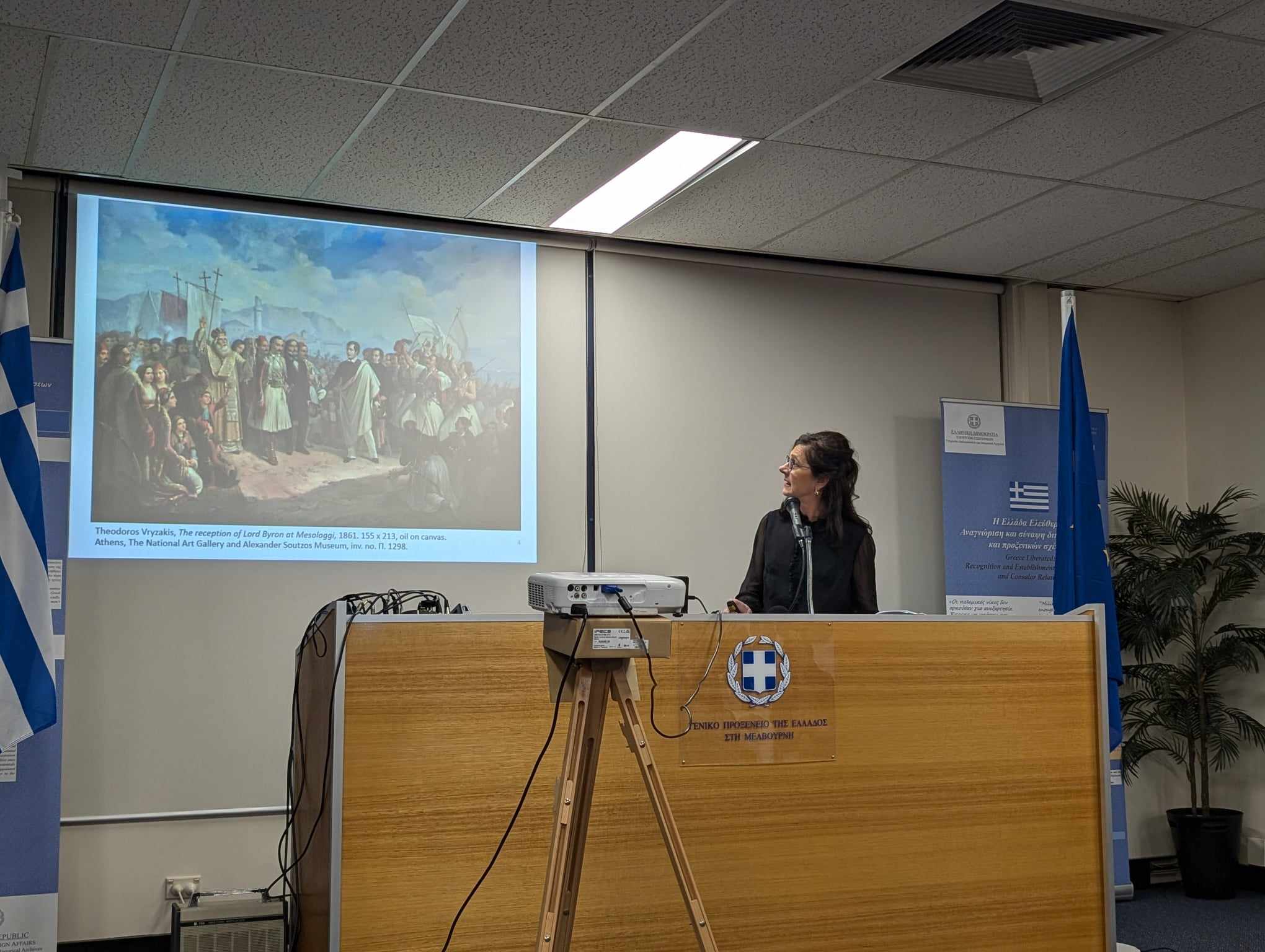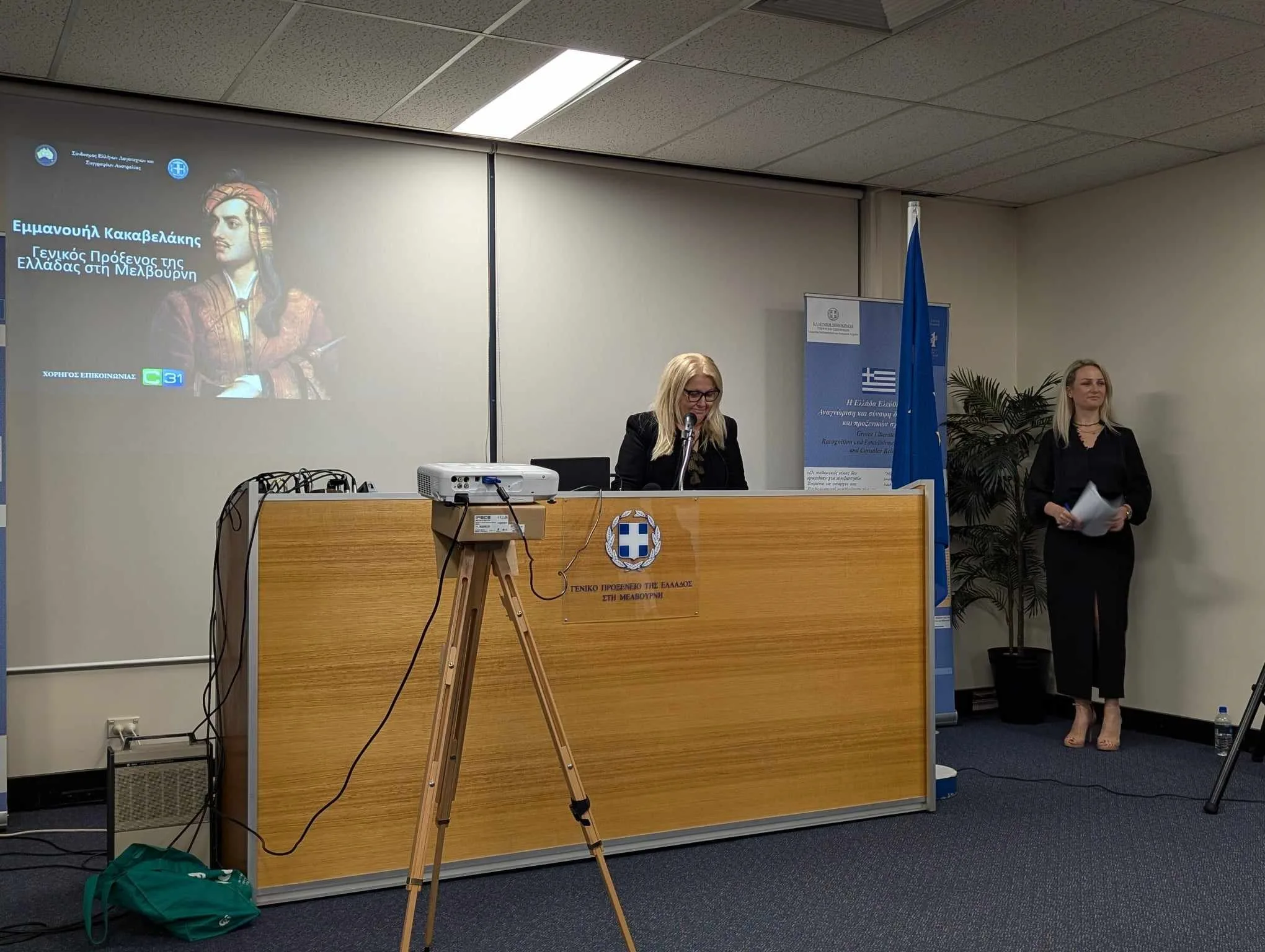A young girl’s fascination with a historical figure ignited a lifelong passion.
Dr Spiridoula Demetriou was still a schoolgirl when her parents took her to their ancestral home of Messolonghi in the late 1970s. Surrounded by Lord Byron’s influences in the local architecture, artwork and toponymy, young Spiridoula’s interest sparked years of research. She shared this passion at the Greek Consulate of Melbourne on Saturday, October 19 in her presentation, titled “Lord Byron in art: The poet as a saviour of the Greek nation.”
Greek Consul General in Melbourne, Emmanuel Kakavelakis asked for extra chairs to be added as audience numbers exceeded expectations. Dr Demetriou wasn’t surprised by the turnout.
“In Greece, he is a hero who cast the spotlight on our War for Independence,” she told The Greek Herald. “In Britain he was a poet, but he also has appeal to diasporans due to his work as a Philhellene.”
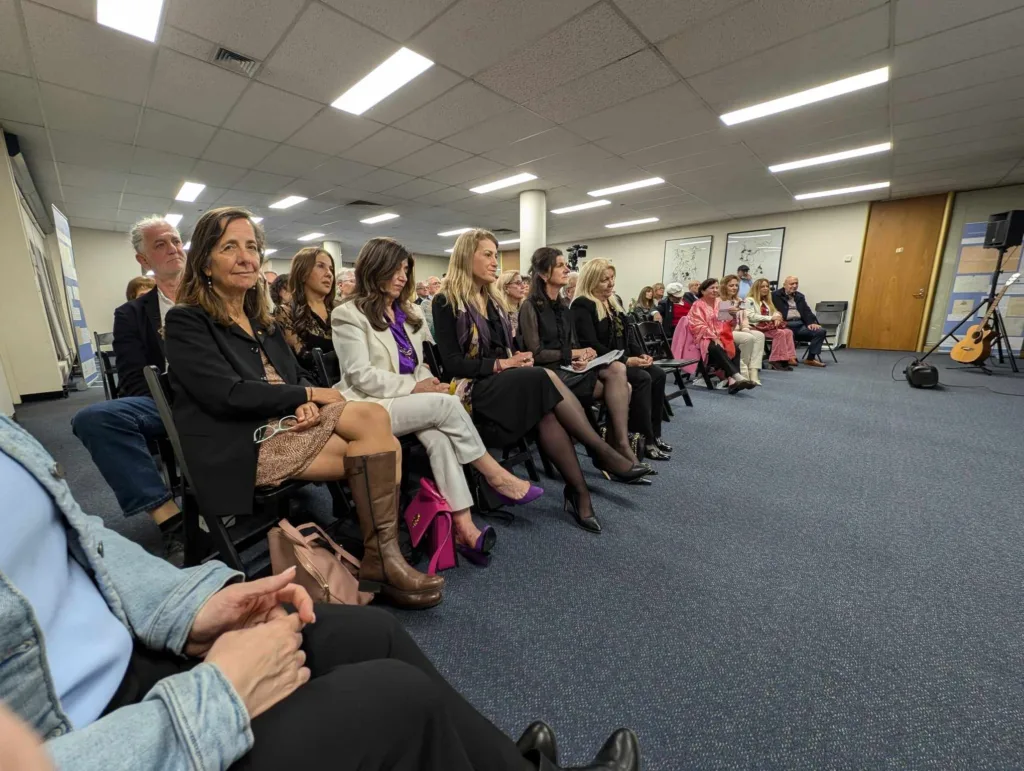
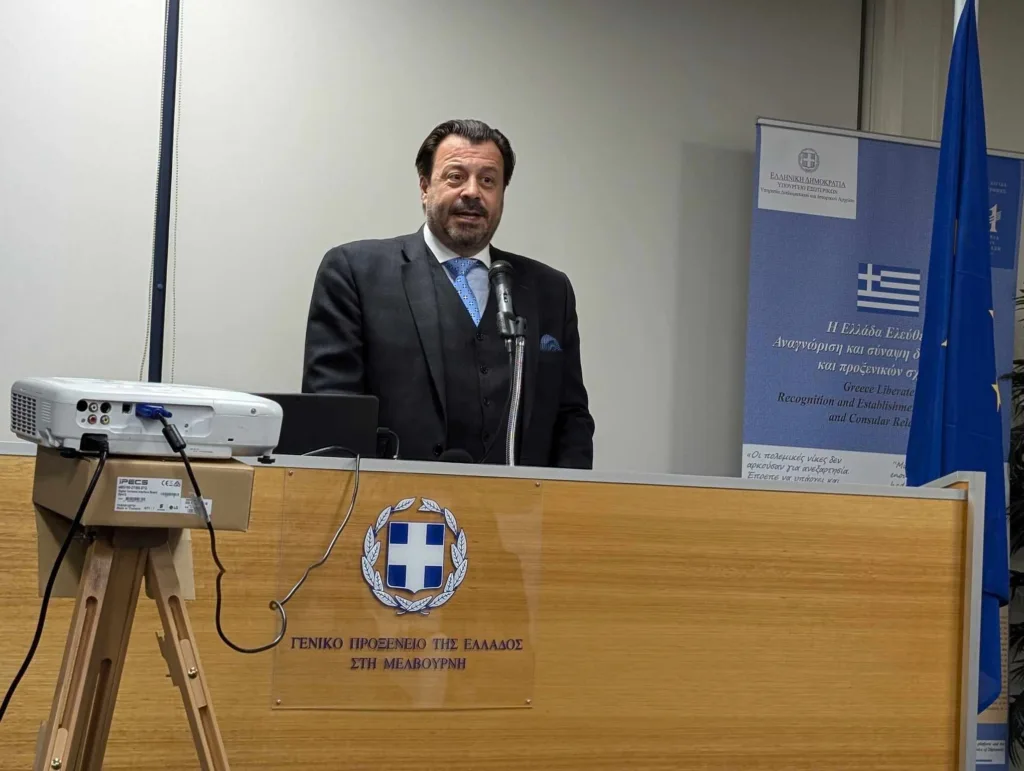
Despite years of academia, Dr Demetriou’s bilingual presentation was accessible, demonstrating Byron’s life and legacy through art and Byronic imagery. She took the audience on a journey through Byron’s life from poet to the “Messiah of the Greek War of Independence.”
“Lord Byron was not the first Philhellene to revive or die in Greece, but he certainly was the most famous,” she said. “In the 19th century Philhellenism developed into a global political and artistic movement advocating the freedom of the Greek nation.”
Byron was known to be uncomfortable with portraits.
“In today’s world he would not be a fan of selfies,” she said, proceeding to analyse well-known works by Richard Westall and Thomas Phillips, a lithograph by Adam de Friedel and others, including Theodoros Vryzakis’ The reception of Lord Byron at Messolonghi.
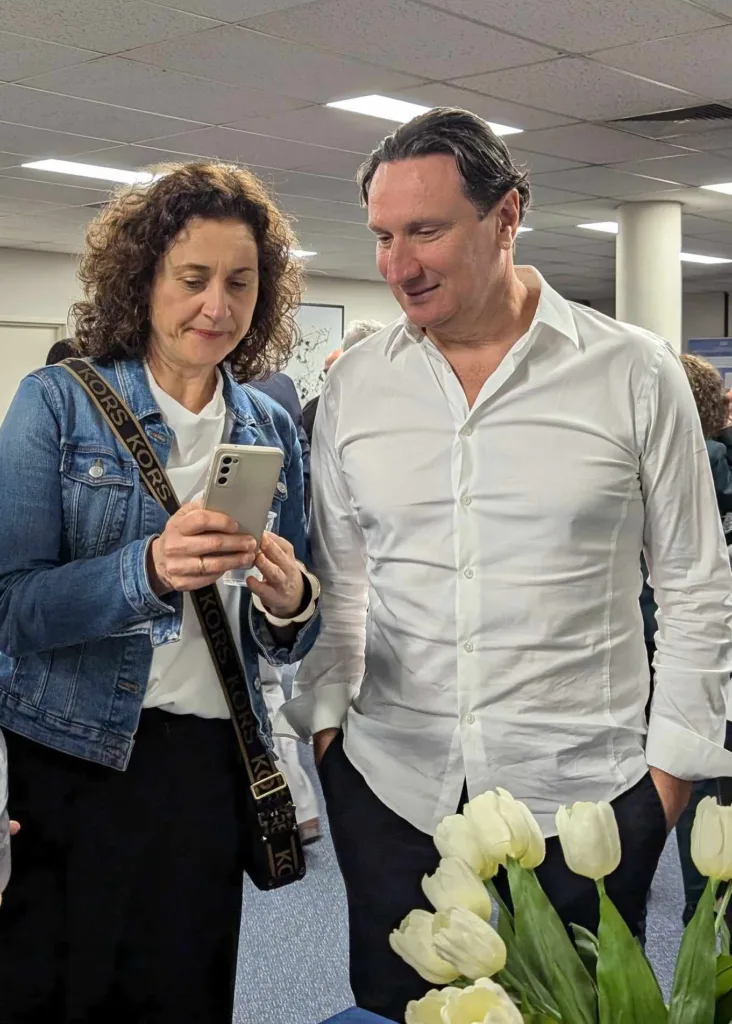
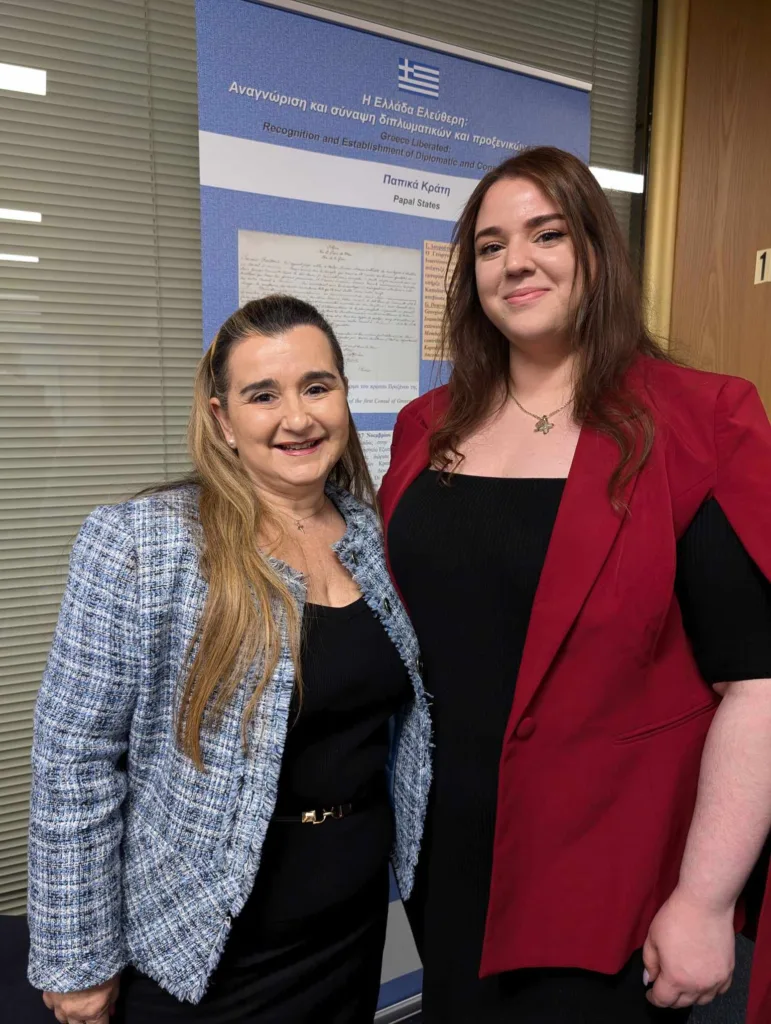
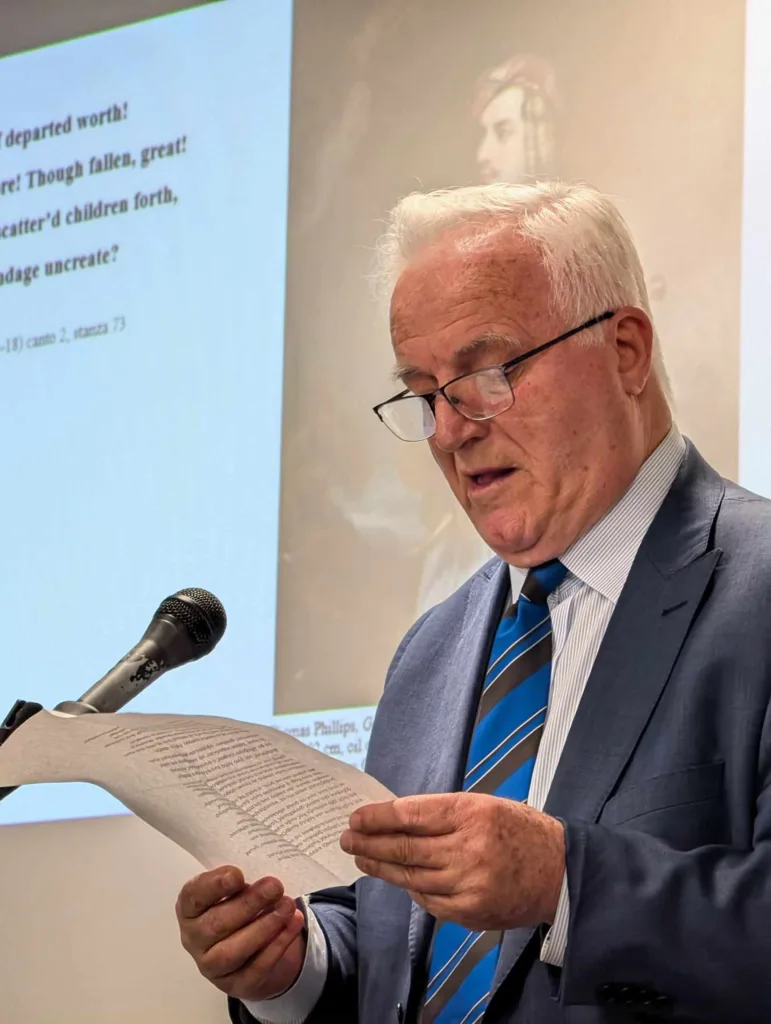
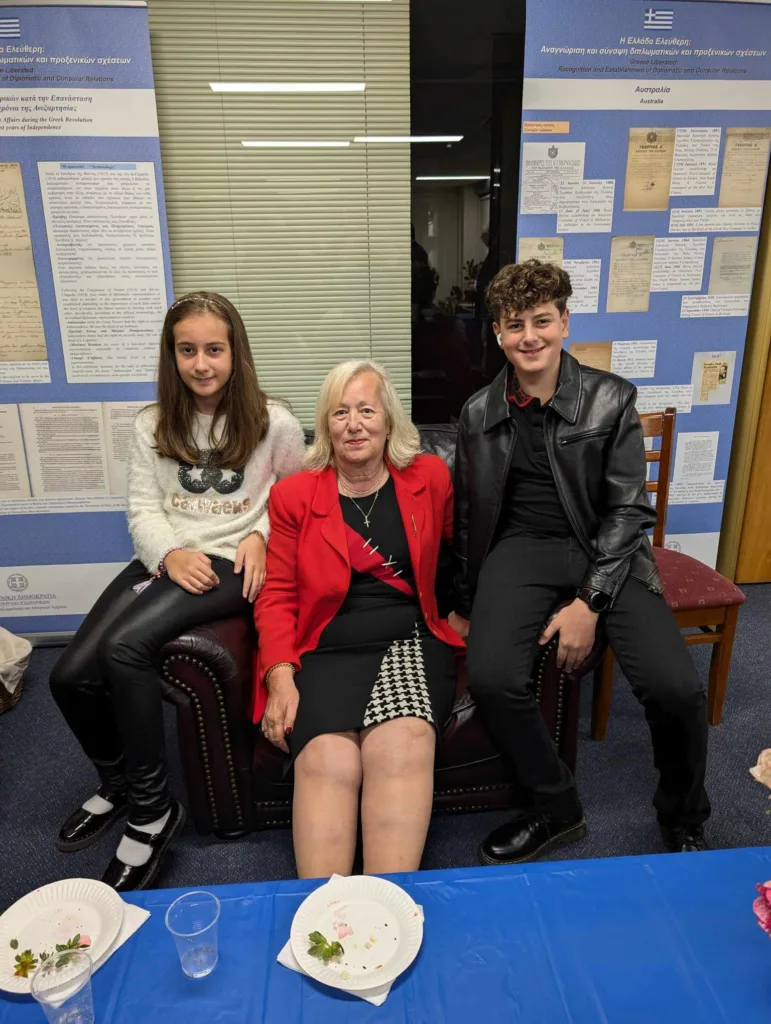
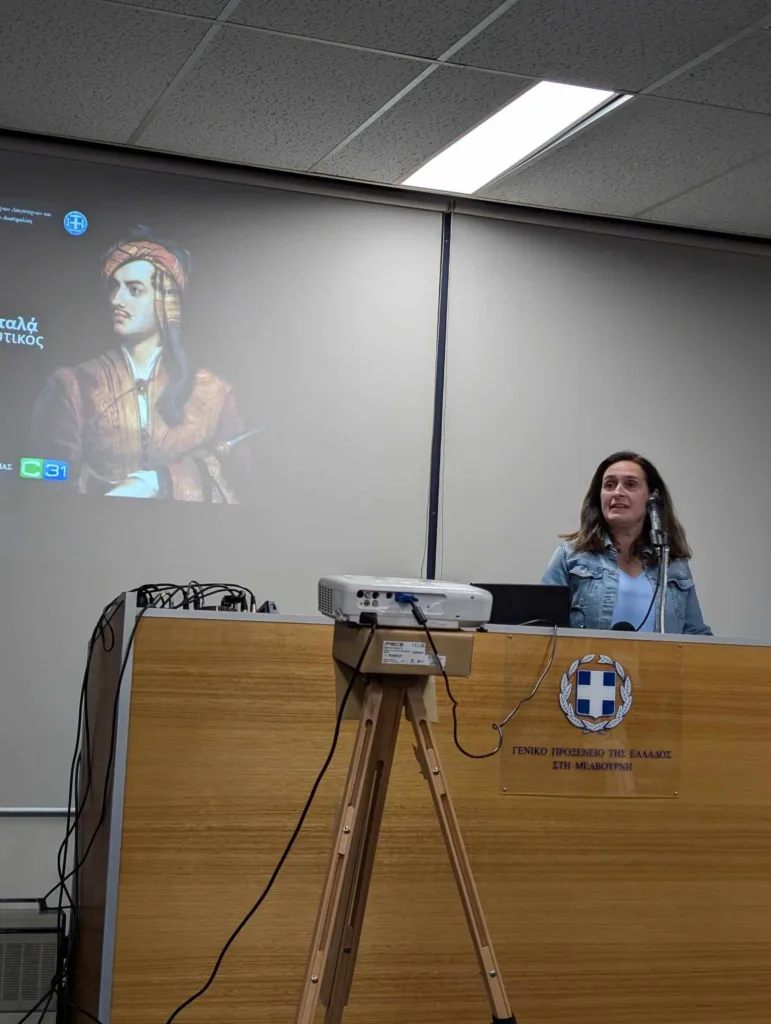
Prior to the keynote address, educator Vicky Petala gave a biographical account of the poet.
“He sacrificed himself for his ideas, for the freedom of Greece, drawing his last breath on 19 April 1824 in Messolonghi (aged 36) beside revolutionary Greeks,” she said. “His Philhellenic poetry, his ideals and the place of his death wakened international public opinion for Greece and gave new momentum for the revolution and Hellenic movement.”
She recited excerpts of his work, including the Curse of Minerva, a scathing poetic indictment of Lord Elgin’s removal of the Parthenon Marbles from Greece – a powerful critique of cultural plunder that continues to resonate today.
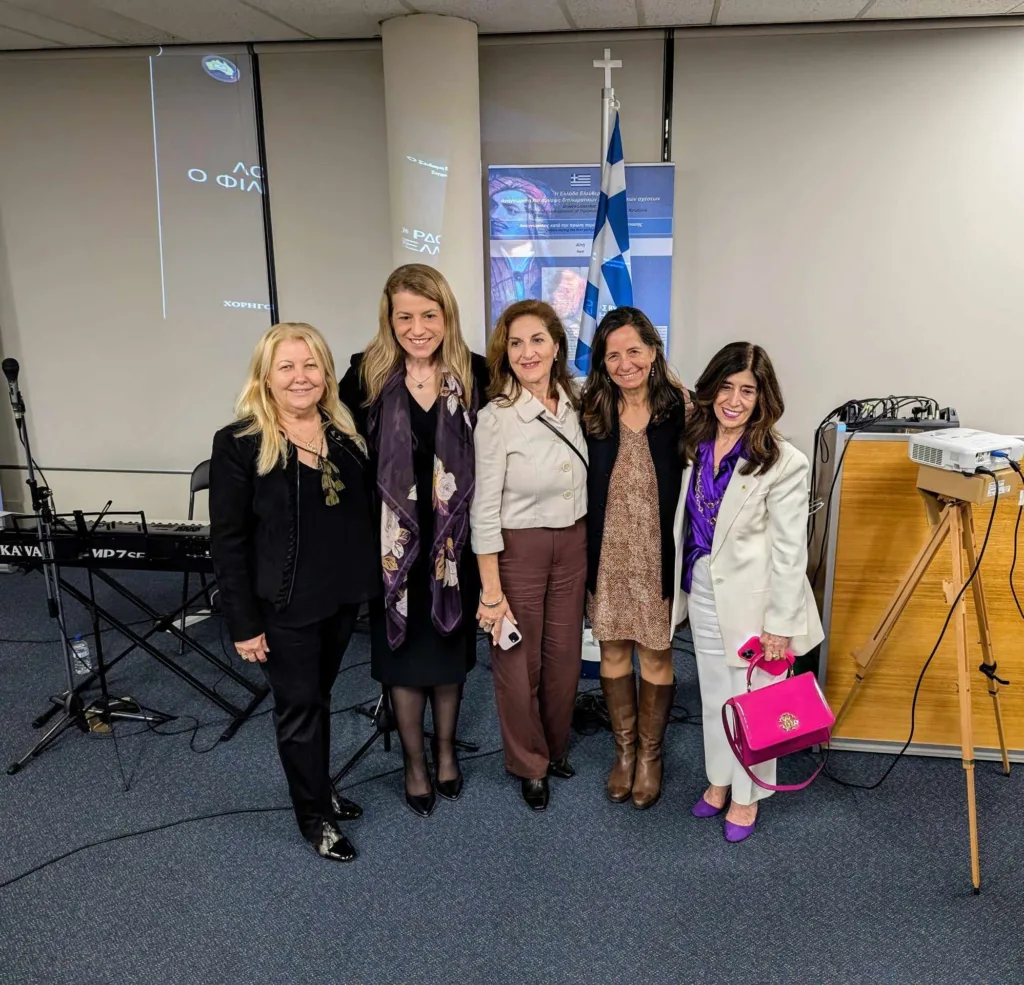
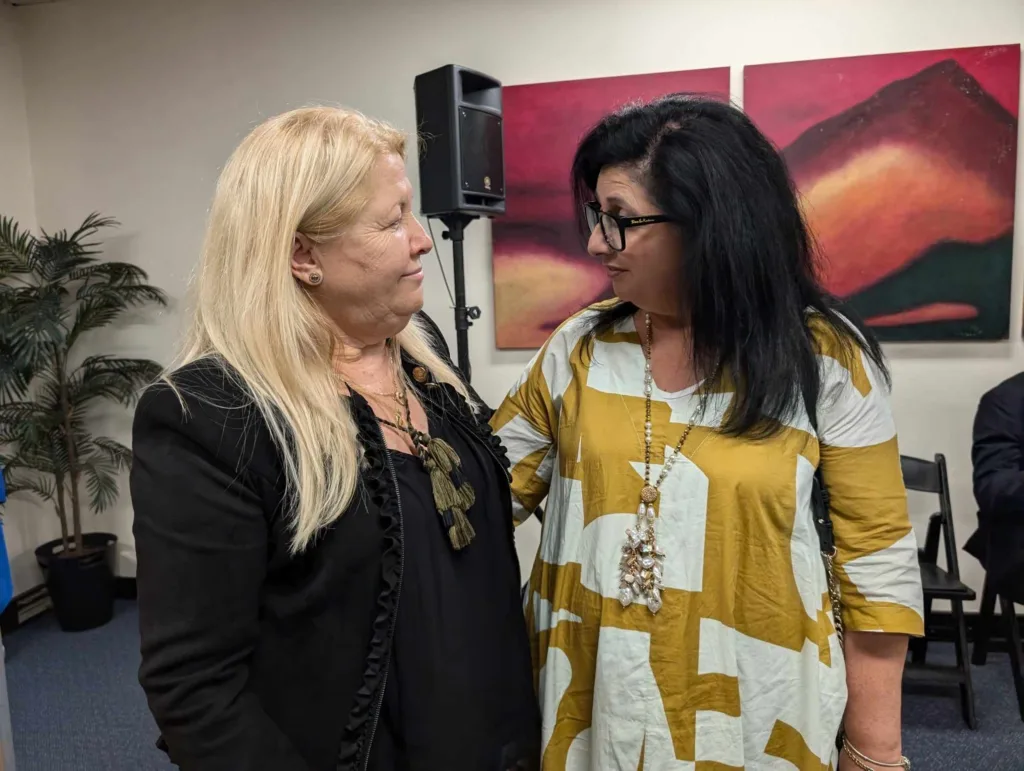
Roma Siachos, President of the Hellenic Writers Association of Australia, said, “Lord Byron was not only a great poet but also a fighter who dedicated his life to the freedom and independence of our country. His contribution to the Greek struggle is undeniable, and his sacrifice is a source of inspiration for us all.”
Siachos told The Greek Herald the event is held to mark the 200th anniversary of the death of Lord Byron in Messolonghi. Greece’s Culture Minister Lina Mendoni inaugurated the exhibition ‘Byron and Greece,’ declaring 2024 as a year dedicated to Lord Byron and Philhellenism.
Those present were engrossed by the engaging presentation, emceed by Anthi Tzani, with speeches mixed with musical accompaniment by Stavroula Thomopoulou, Odysseus Kripotos and Evangelia Baxa. The melodies beautifully captured the spirit and emotion of Byron’s poetry.
“Finding the songs for the event was challenging. For example, Byron’s Maid of Athens involved a lengthy process starting with a Youtube clip,” Ms Baxa said. “But it was crucial to include the melodised works to make Byron’s work more accessible to the audience.”
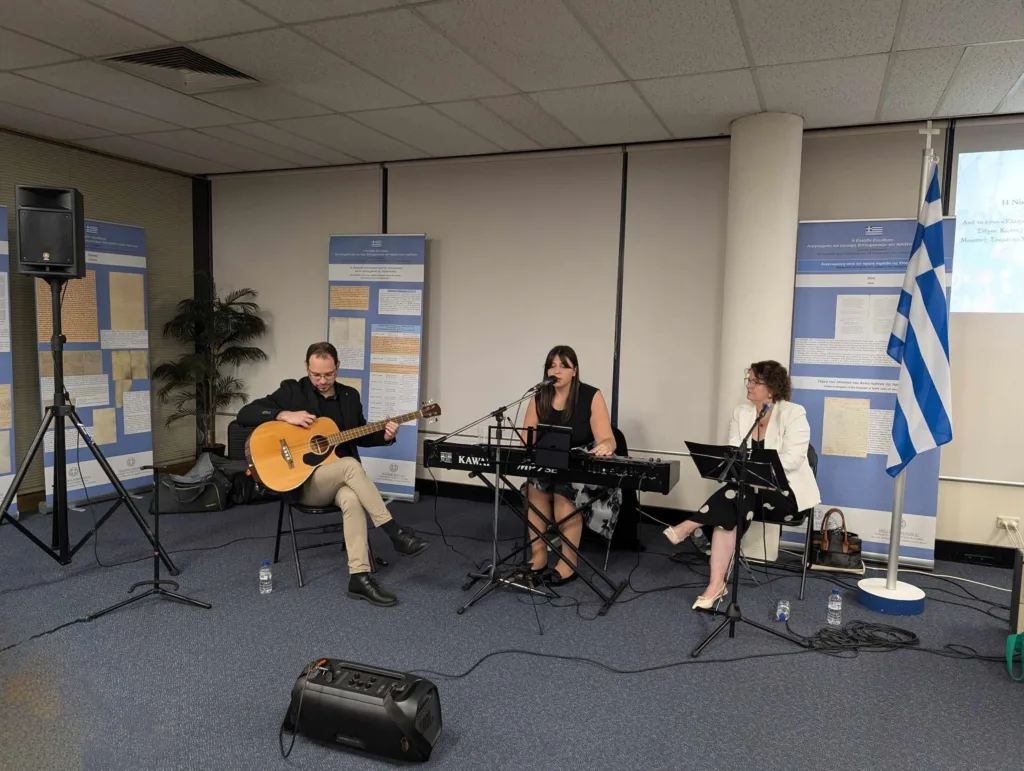
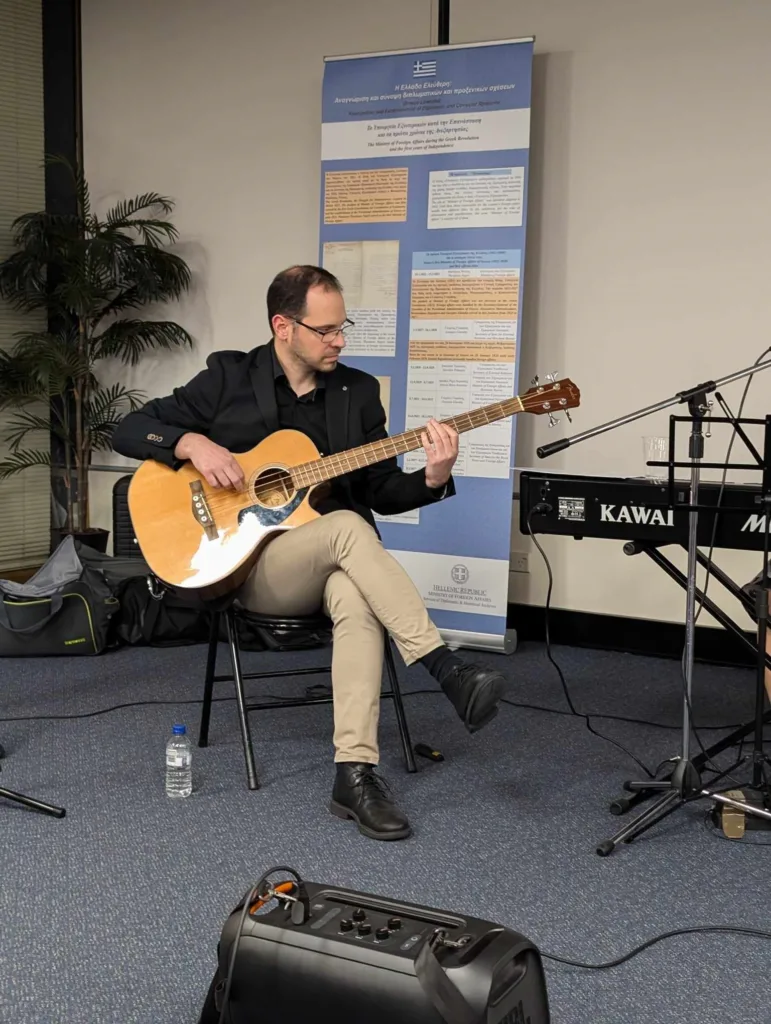
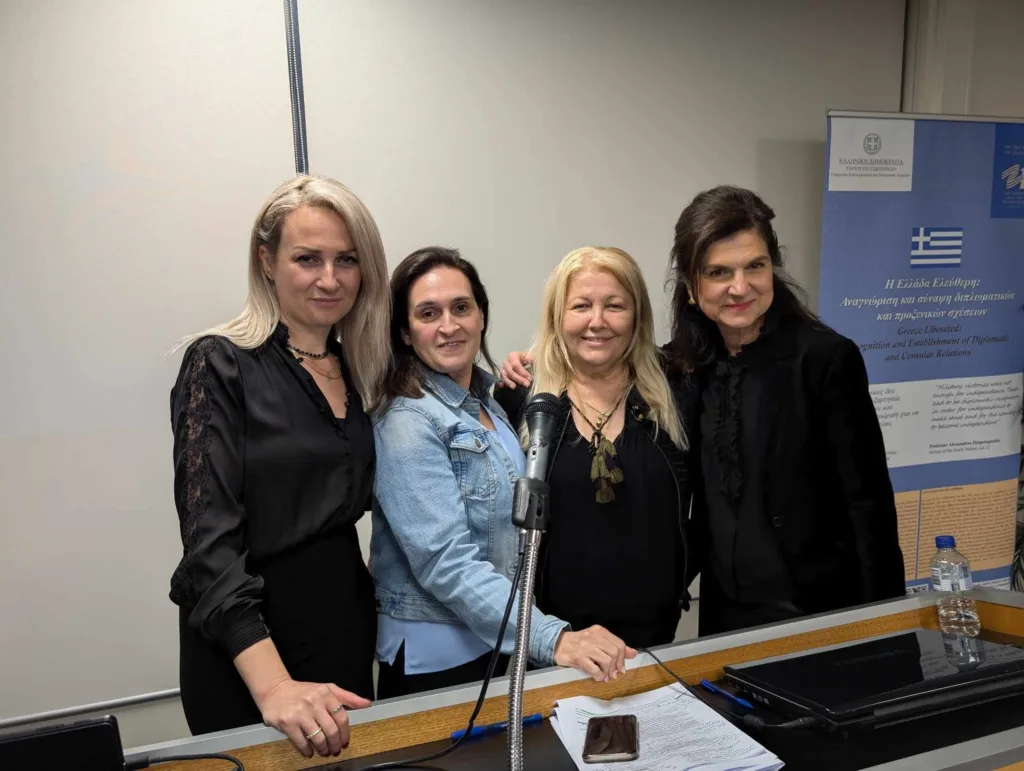
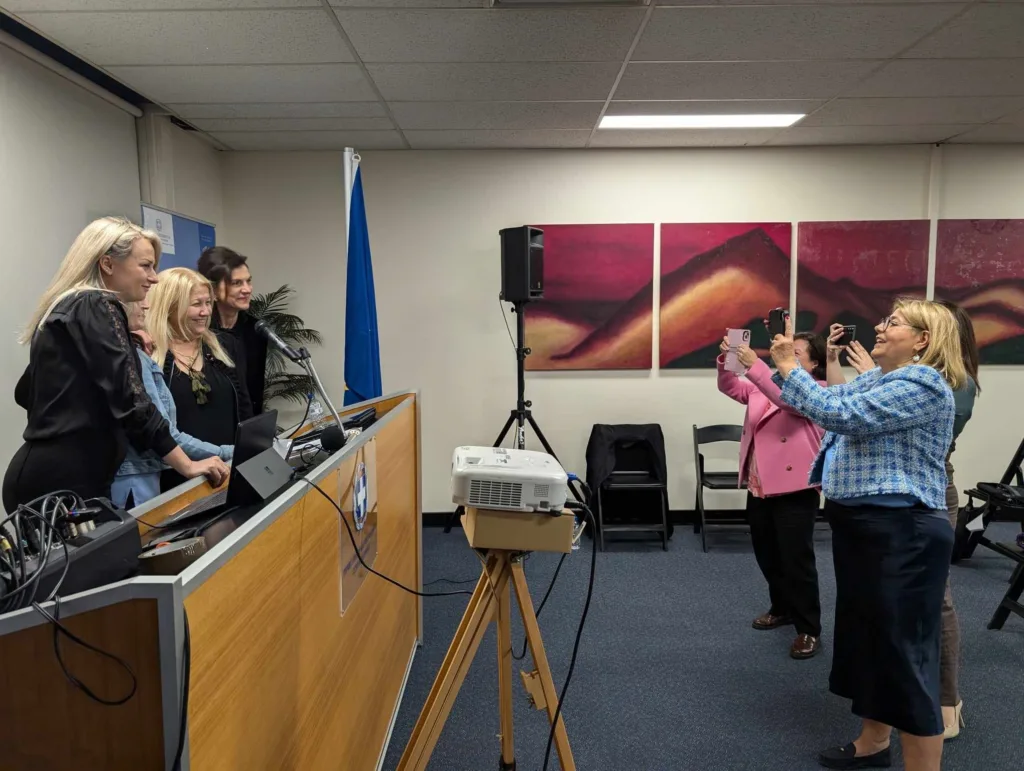
Following the event, audience members lingered, discussing Byron’s legacy over wine and appetisers. Steve Kyritsis, president of the Hellenic Australian War Memorial, spoke of Byron’s philandering ways.
“An infamous seducer!” he joked, darting a mischievous glance at his wife, Mary.
Historian Jim Claven told The Greek Herald that Byron was a complex human being, a flawed superhero, capable of great empathy.
“Despite his flaws, Byron understood and appreciated the complexities of the Greek people and their struggle for independence. He was more than just a romantic hero; he was a man who truly cared about the cause he fought for,” Mr Claven said.
Christos Fifis took the stage following question time for an impromptu recitation of Miltos Malakasis’ 7-stanza poem Byron.
“It is a hard poem because of the Messolonghiot dialect, however it is important to show the influence of Byron,” Professor Fifis told The Greek Herald.
He drew attention to the quatrain where Malakasis explains he had experienced the excitement of meeting Byron in person because he was a “drop of blood” in the strong body of one of his Missolonghiot ancestors who was physically present there.
Bearing that in mind, those present all had the opportunity to meet Byron in spirit.
